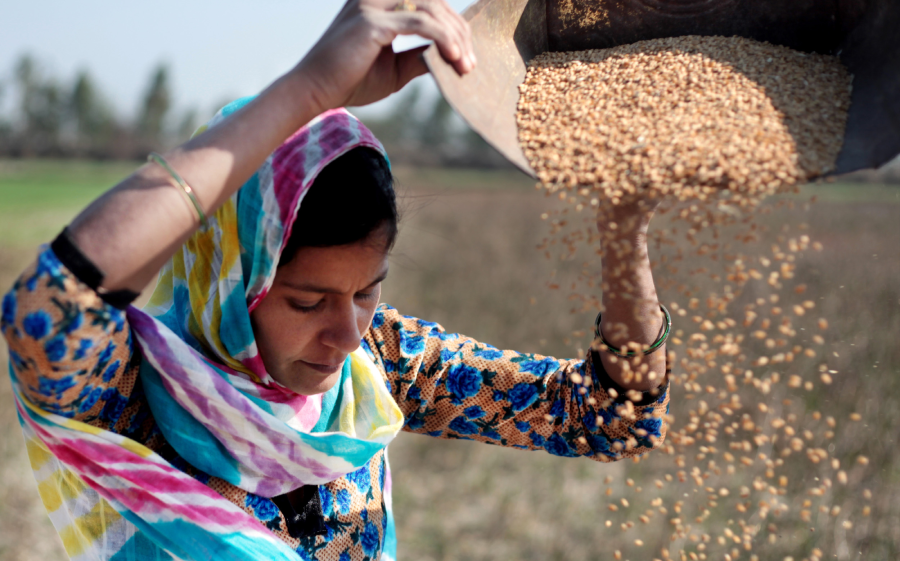Relatório da ONU destaca a necessidade de uma abordagem de financiamento unificado para combater a fome

FAO released today the 2024 State of Food Security and Nutrition in the World (SOFI) report, which offers an in-depth analysis of financing for development, specifically targeting food security and nutrition. The report aims to support the achievement of Sustainable Development Goal 2 by identifying opportunities, enhancing accountability, and improving the productivity of financial investments in these areas.
Key findings from the report were discussed at the Special Event on Financing to End Hunger, Food Insecurity, and Malnutrition during the UN Economic and Social Council High-Level Political Forum in New York. The report highlights the need for a common definition of financing for food security and nutrition, as current discrepancies hinder the identification of under-financed areas and the effective tracking of interventions.
QU Dongyu, Director-General of the Food and Agriculture Organization (FAO), emphasized the necessity of more targeted and less risk-averse financing to eradicate hunger. He noted that countries have struggled to mobilize sufficient resources for necessary policies and programs. The report warns that failing to close the financing gap could result in significant economic costs.
The SOFI report identifies fragmentation and a lack of consensus on priorities as barriers to effective financing. It advocates for a shift from a siloed approach to a more holistic perspective, integrating food security and nutrition into broader financial flows and investments. FAO Chief Economist Maximo Torero Cullen underscored the need for better alignment among funding sources to enhance the impact of investments.
A new definition proposed in the SOFI report seeks to improve the measurement of financial resources dedicated to food security and nutrition. This definition encompasses public and private resources aimed at ensuring the availability, access, utilization, and stability of nutritious foods and related services. It also addresses drivers of food insecurity, such as inequality, conflict, climate change, and economic slowdowns.
Case studies in the report reveal that low-income countries face challenges in addressing the primary drivers of hunger due to limited spending capacity. The report proposes a mapping approach for financial allocations, emphasizing the need to address the multidimensional nature of food insecurity and malnutrition.
The SOFI 2024 report suggests that grants and concessional loans are suitable for countries with limited financial access, while those with moderate access could increase domestic tax revenues. Countries with high financing capabilities might incorporate food security objectives into green, social, and sustainability-linked bonds.
FAO Director-General Qu outlined three themes to enhance development finance productivity: improved targeting for those in need, increased risk tolerance among donors, and the expansion of blended financing approaches. These recommendations aim to bring the world closer to achieving SDG 2.
The SOFI report is an annual collaboration between the FAO, the International Fund for Agricultural Development (IFAD), the World Food Programme (WFP), the World Health Organization (WHO), and UNICEF. It will be officially released during the G20 Global Alliance Against Hunger and Poverty Task Force Ministerial Meeting.


Respostas